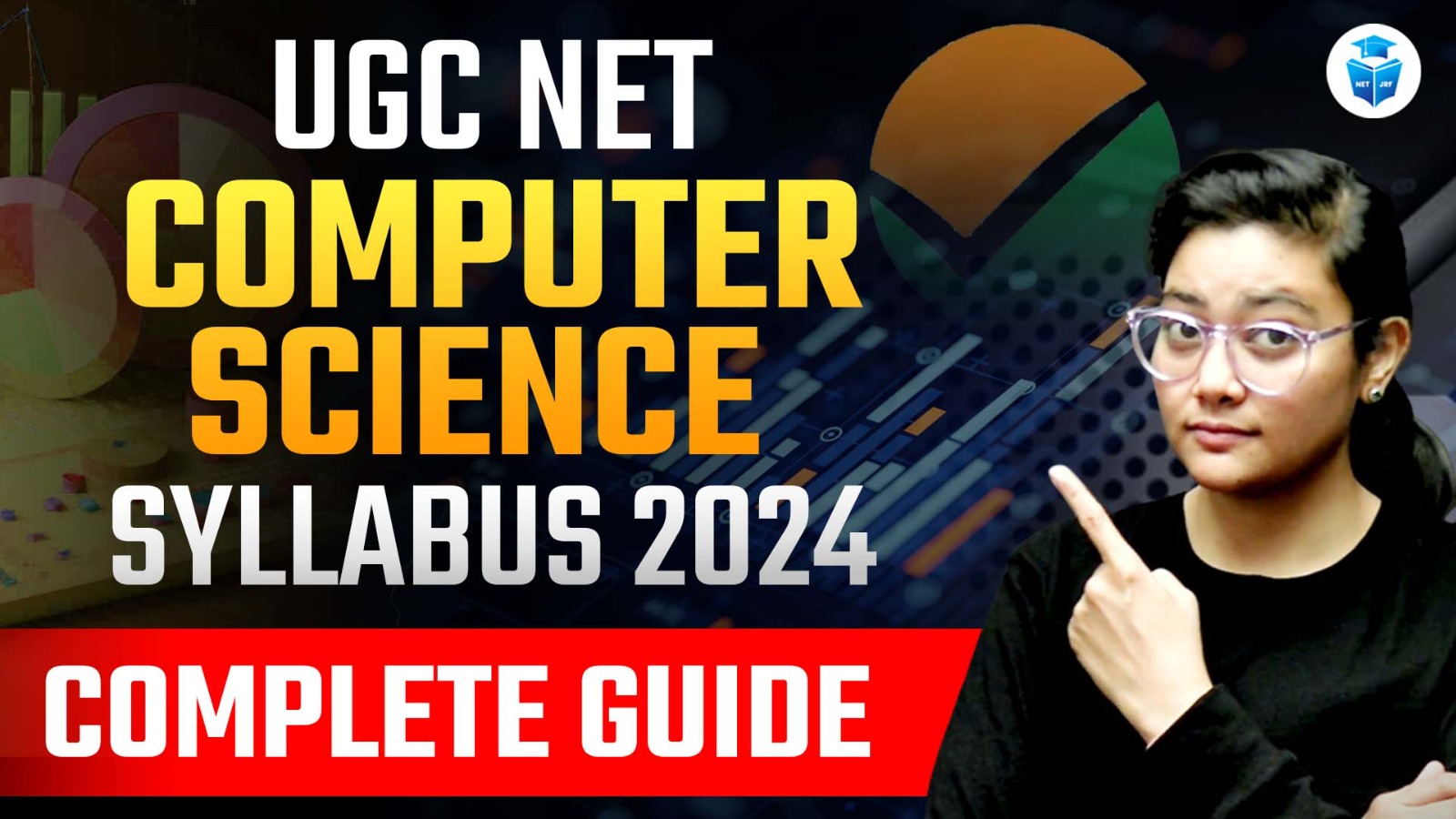
Get an Instant Callback by our Mentor!

The National Testing Agency (NTA) has released the UGC NET Computer Science Syllabus for 2024. This comprehensive guide will help candidates prepare effectively for the exam.
|
Aspect |
Details |
|
Question Type |
Multiple Choice Questions (MCQs) |
|
Number of Papers |
Paper I (General), Paper II (Computer Science) |
|
Total Marks |
300 (Paper I: 100, Paper II: 200) |
|
Number of Questions |
150 (Paper I: 50, Paper II: 100) |
|
Duration |
3 hours |
|
Negative Marking |
No |
Each correct answer: 2 marks
No deduction for incorrect answers
Minimum qualifying marks: 40% aggregate in both papers
The UGC NET Computer Science syllabus covers ten key units:
Discrete Structures and Optimization
Computer System Architecture
Programming Languages and Computer Graphics
Database Management Systems
System Software and Operating System
Software Engineering
Data Structures and Algorithms
Theory of Computation and Compilers
Data Communication and Computer Networks
Artificial Intelligence (AI)
For a detailed breakdown of each unit, visit the official NTA website.
|
Unit |
Important Topics |
|
1 |
Mathematical Logic, Graph Theory, Optimization |
|
2 |
Digital Logic Circuits, Computer Organization |
|
3 |
OOP, 2D and 3D Graphics |
|
4 |
SQL, Data Warehousing, NoSQL |
|
5 |
Operating System Basics, CPU Scheduling |
|
6 |
Software Process Models, Project Management |
|
7 |
Algorithm Analysis, Advanced Data Structures |
|
8 |
Automata Theory, Compiler Design |
|
9 |
OSI Model, Network Security |
|
10 |
Neural Networks, Natural Language Processing |
Understand the Syllabus: Thoroughly review the syllabus and allocate study time accordingly.
Create a Study Plan: Develop a realistic schedule that covers all topics.
Focus on Core Concepts: Build a strong foundation in fundamental computer science principles.
Practice Previous Papers: Solve past year questions to familiarize yourself with the exam pattern.
Take Mock Tests: Simulate exam conditions to improve time management and identify weak areas.
Regular Revision: Set aside time for reviewing important concepts and formulas.
Stay Updated: Keep abreast of the latest developments in computer science.
Time Management: Practice completing mock tests within the given time frame.
Seek Guidance: Join study groups or online forums to clarify doubts and share knowledge.
Maintain Confidence: Stay calm and focused during the exam.
Official UGC NET Syllabus PDF
Computer Science Study Materials
Mock Test Series
Conclusion
Success in the UGC NET Computer Science exam requires a combination of thorough subject knowledge, strategic preparation, and effective time management. By following this guide and utilizing the resources provided, candidates can maximize their chances of achieving a high score.
Remember to check the official NTA website regularly for any updates or changes to the syllabus or exam pattern. Good luck with your preparation!
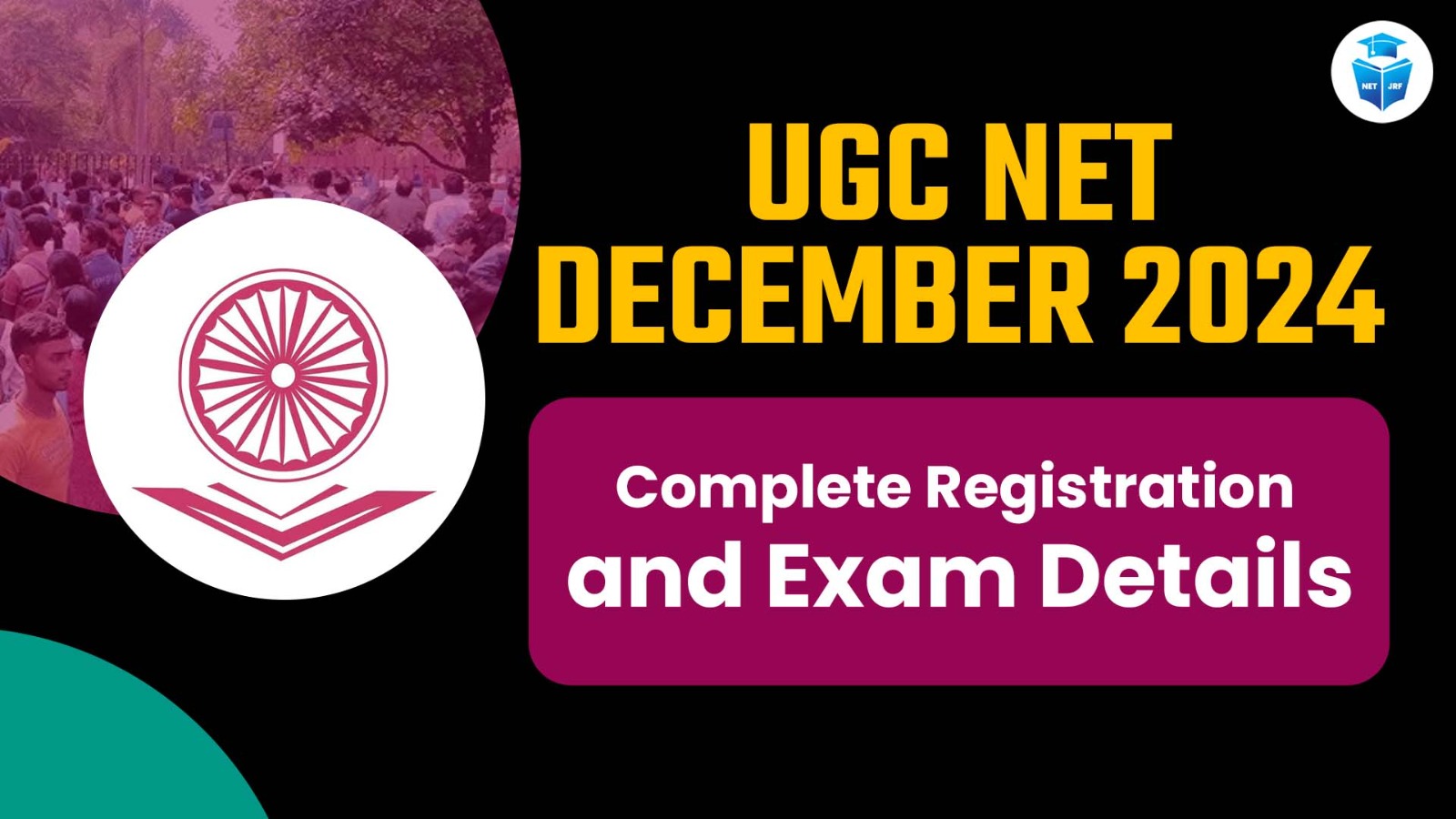
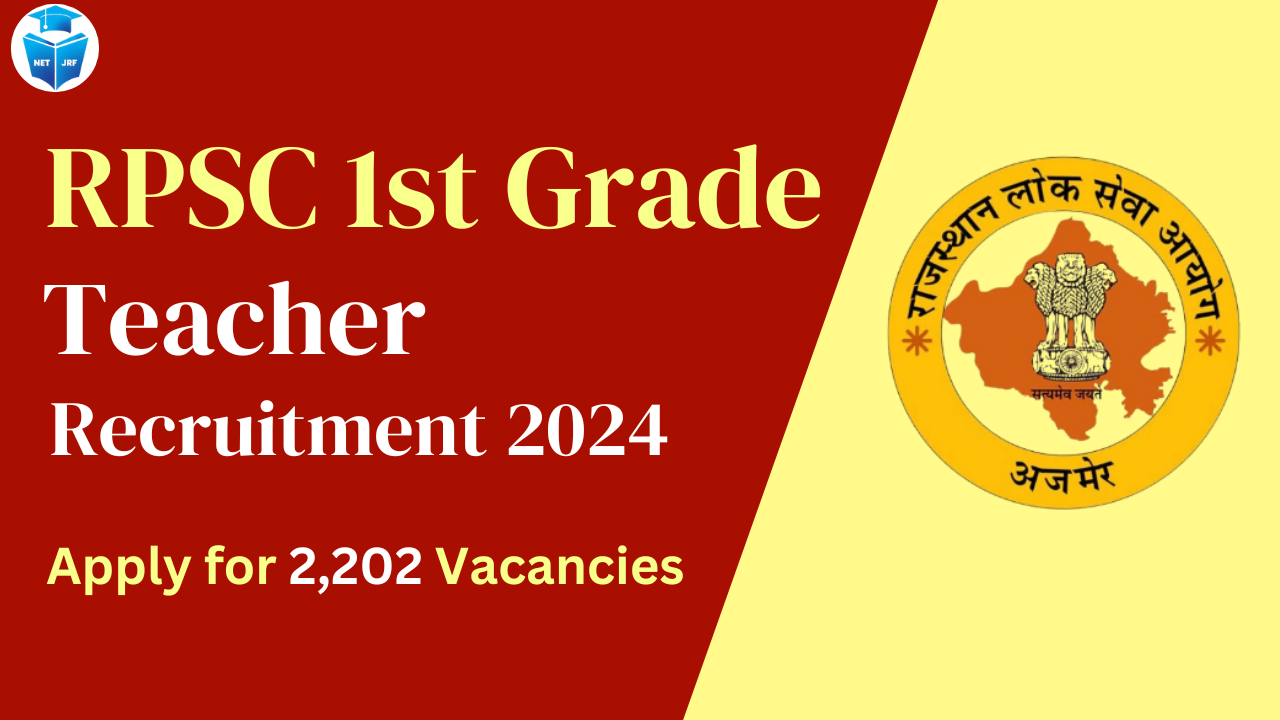
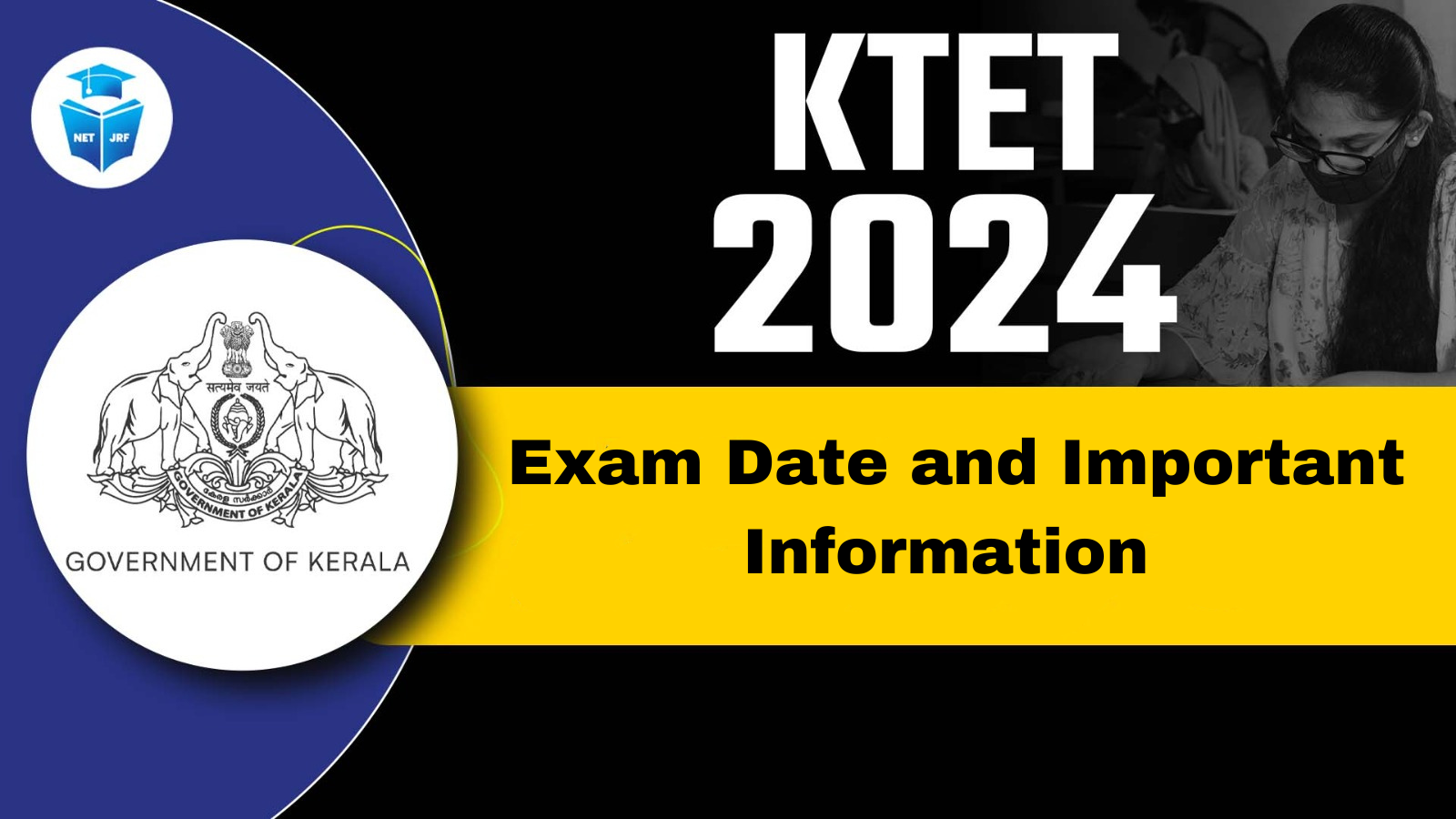
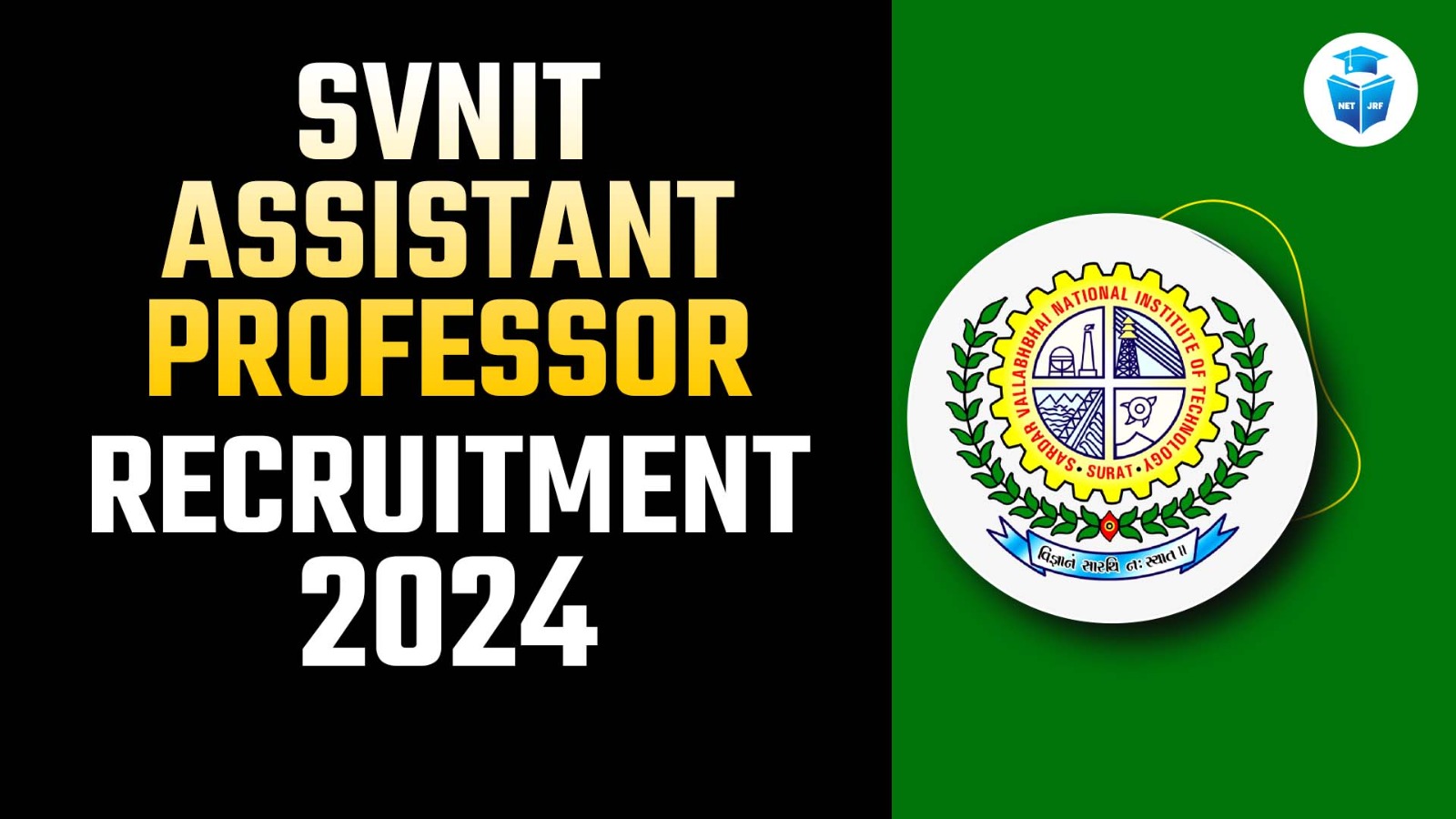
.jpeg)
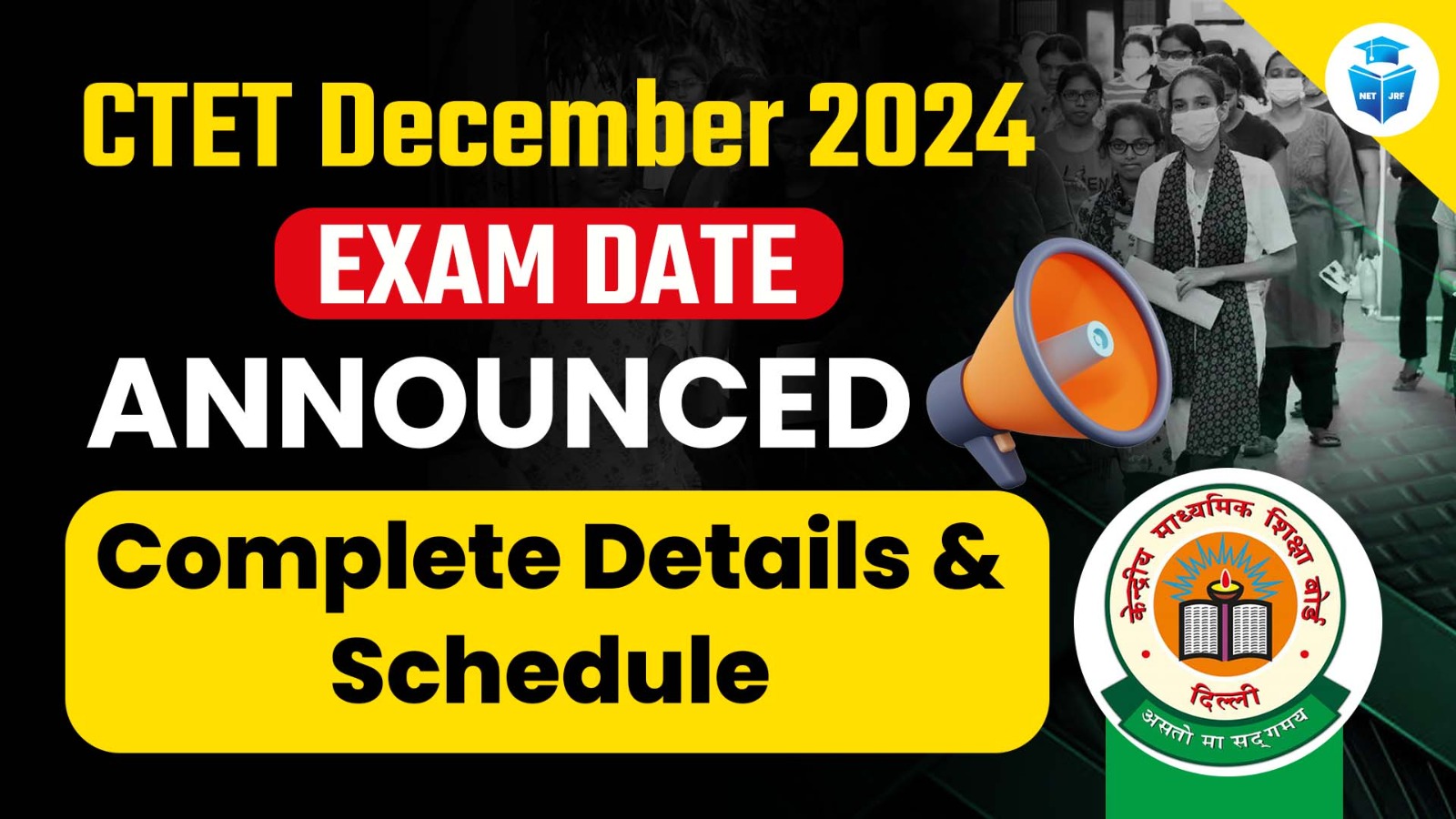
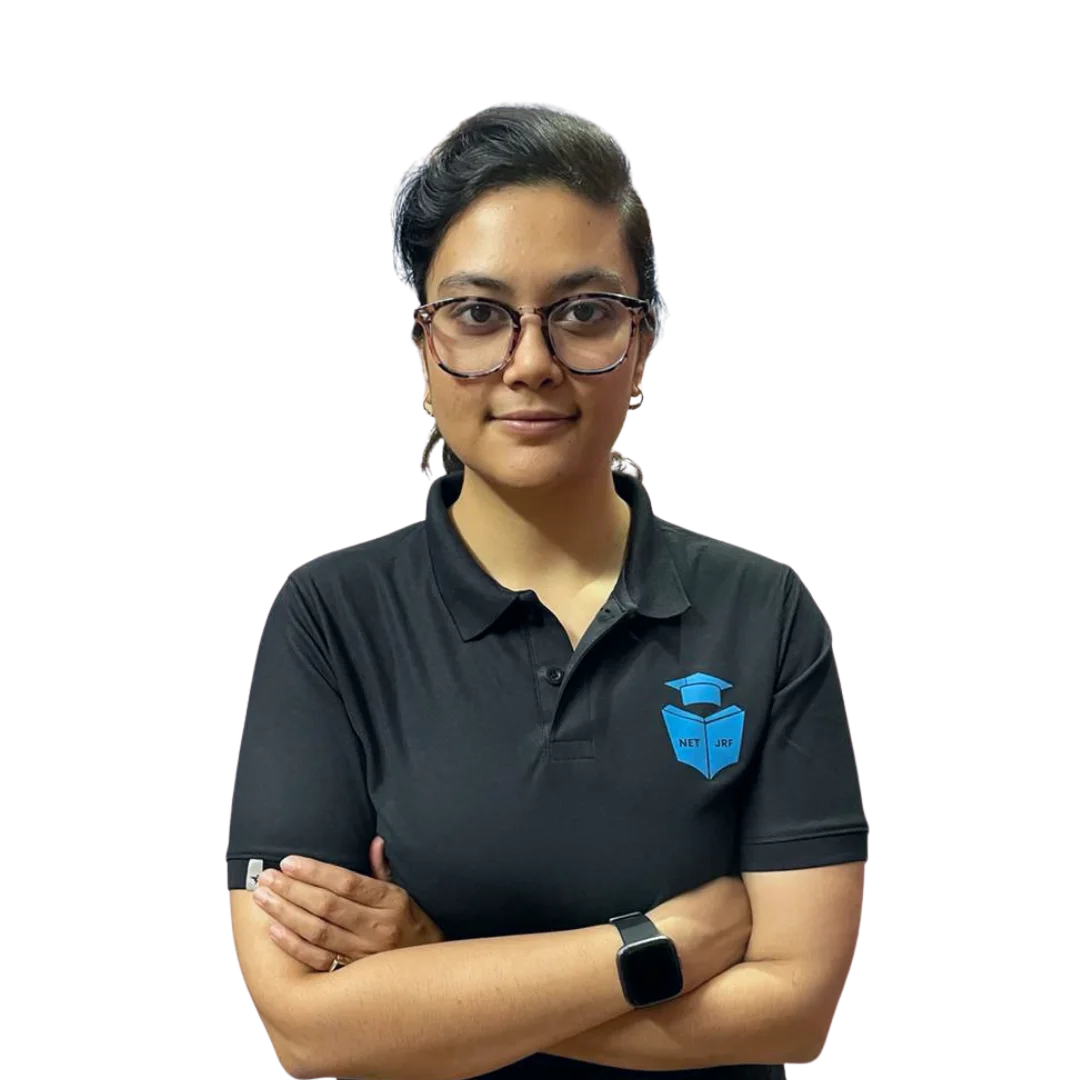
Founder of JRFAdda, is a Computer Science educator with an MCA degree and JRF qualification. Her experience includes roles as an SBI SO (DBA), work at Cognizant, and over 5 years of teaching online and offline. She has also served as a Government Computer Teacher in Rajasthan.